Ecstasy rehab costs vary according to the type of treatment and length of time you spent in treatment. Some are as littl ...
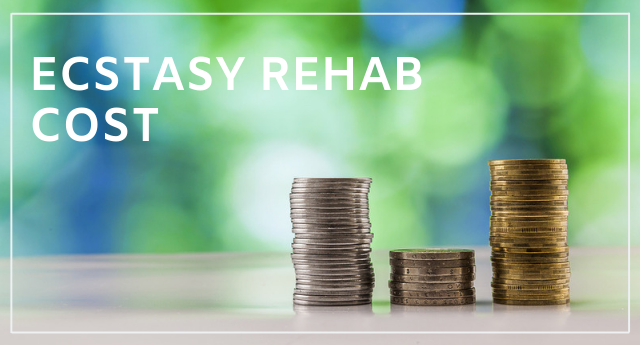

Comprehensive guide to illicit drug use, abuse, and addiction. Scientific guides to the most used and dangerous drug people use today.
What is ecstasy? Do you know its major use is only recreational? More here on effects and signs of addiction....(yes, MDMA can be addictive)!
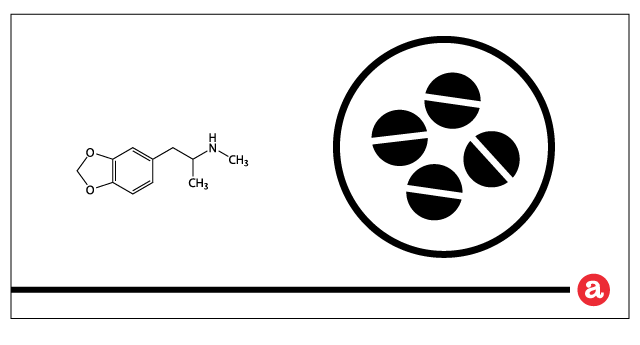
Ecstasy rehab costs vary according to the type of treatment and length of time you spent in treatment. Some are as littl ...

Information on how difficult the withdrawal from ecstasy is, and how you can address the symptoms here. ...
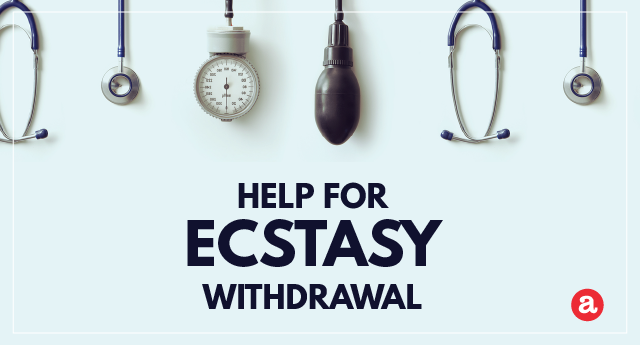
Withdrawal from ecstasy is not as severe other drugs. However, ecstasy is a drug which causes strong psychological depen ...
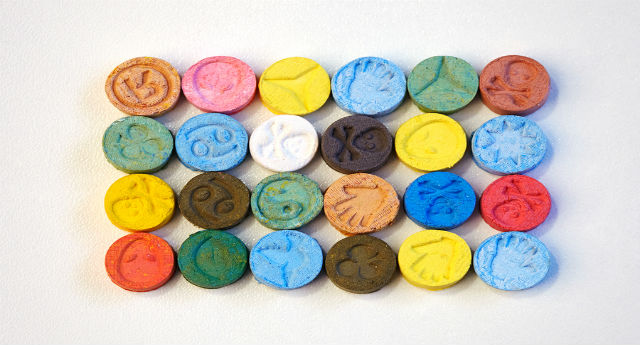
It takes only several uses to start relying on ecstasy for joy and happiness. But it will take more than several weeks t ...

Because ecstasy causes extremely euphoric feelings, addiction to ecstasy can be hard to break. But it IS possible. With ...
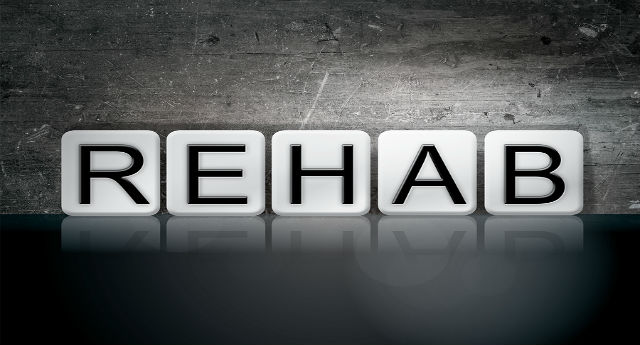
Is a friend or a loved one is using ecstasy too often or too much? This article thoroughly guides you on providing help. ...
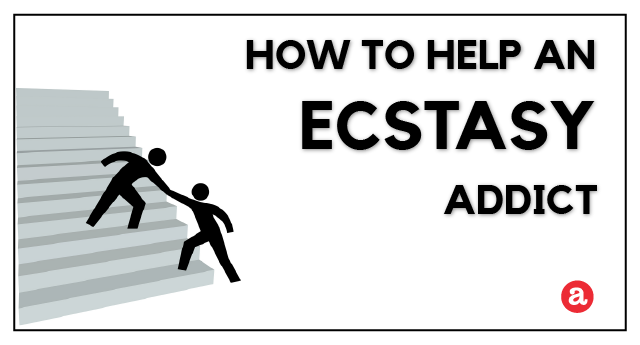
Recreational ecstasy use over the long-term may lead to lasting brain damage and bring on other physical and psychologic ...
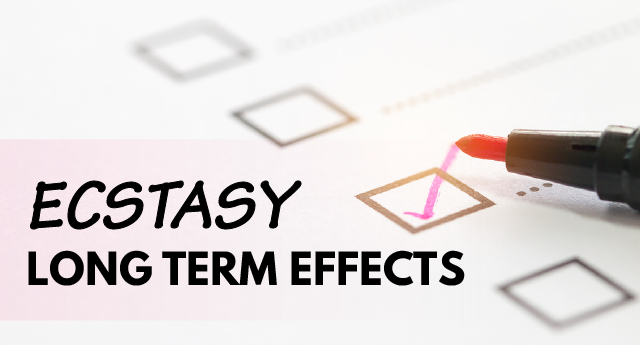
Are you a regular user of ecstasy (MDMA)? Then, you may be at risk of developing an addictive need for the drug. More he ...
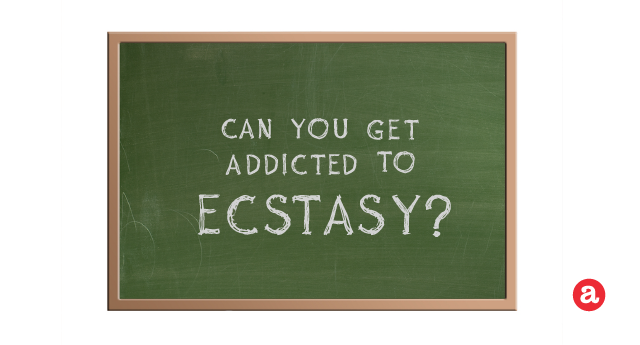
A look at the most dangerous synthetic drugs used by kids in America from insider, former DEA agent, Warren Rivera. More ...
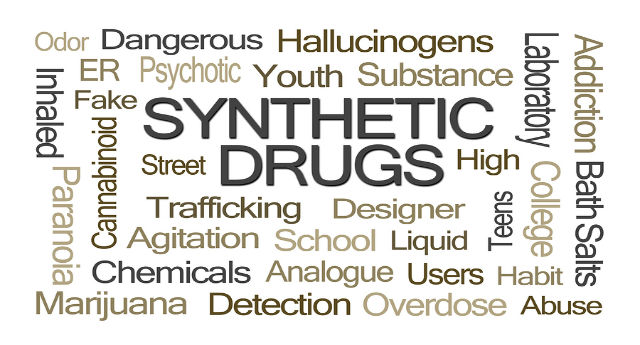
It can take between 2-4 days for the body rid itself of ecstasy toxins. However, the time it takes for post-acute withdr ...
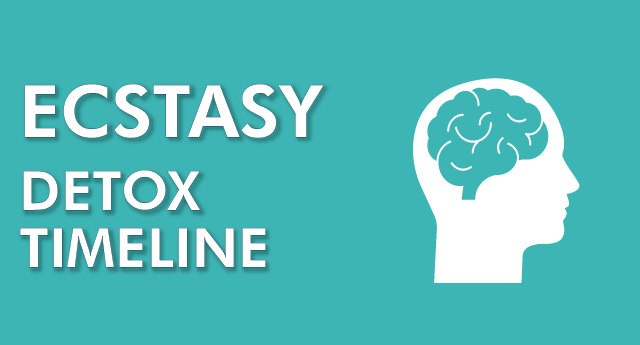
HOW OUR HELP LINE WORKS
For those seeking addiction treatment for themselves or a loved one, the Addictionblog.org helpline is a private and
convenient solution.
Calls to any general helpline (non-facility specific 1-8XX numbers) for your visit will be answered by
American Addiction Centers (AAC).
Caring admissions consultants are standing by 24/7 to discuss your treatment options. These representatives work
solely for AAC and will discuss whether an AAC facility may be an option for you.
Our helpline is offered at no cost to you and with no obligation to enter into treatment. Neither Addictionblog.org
nor AAC receives any commission or other fee that is dependent upon which treatment provider a visitor may
ultimately choose.
For more information on AAC’s commitment to ethical marketing and treatment practices, or to learn more about how to
select a treatment provider, visit our About AAC.
If you wish to explore additional treatment options or connect with a specific rehab center, you can browse top-rated listings, visit our homepage and browse by state, or visit SAMHSA.
Comments